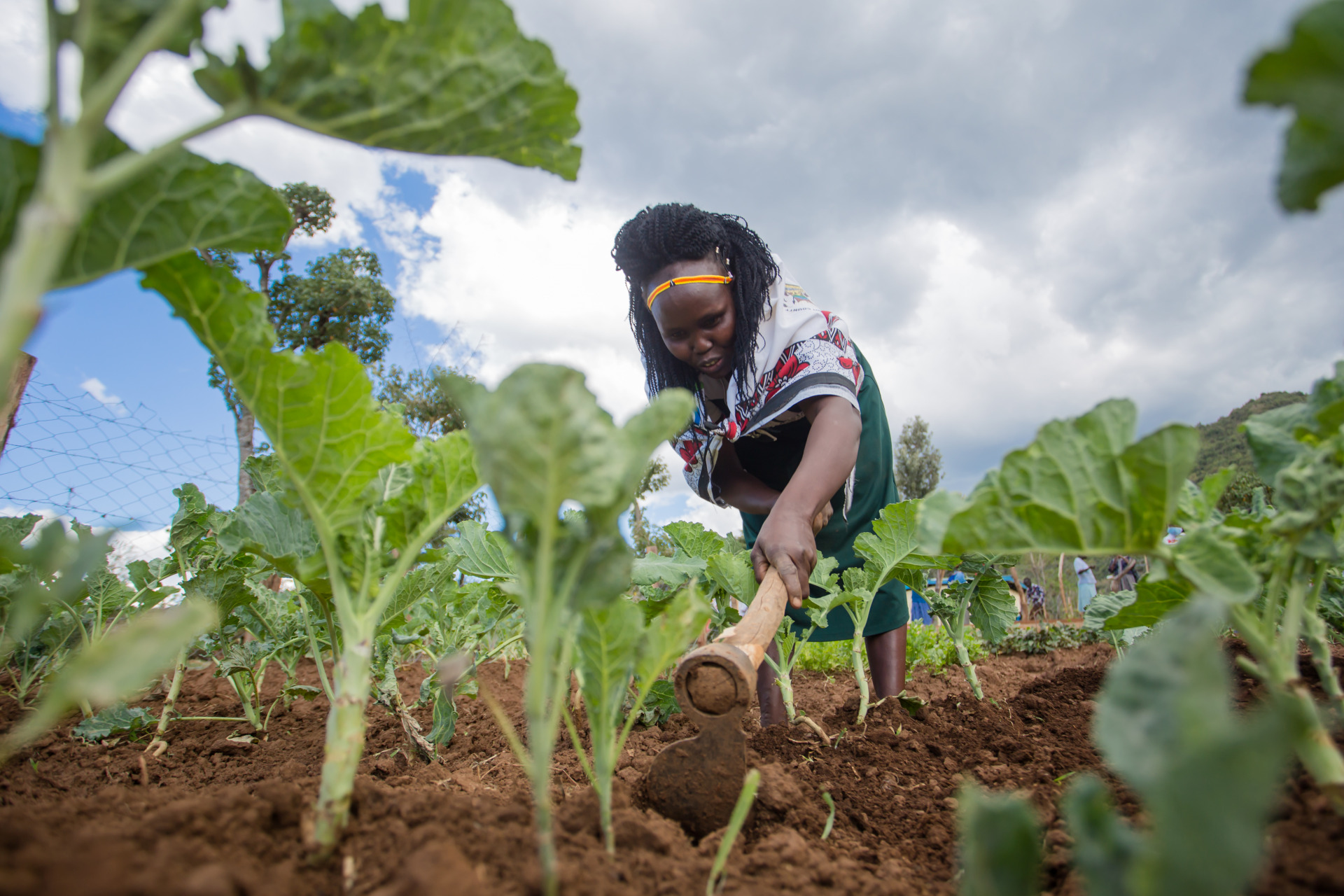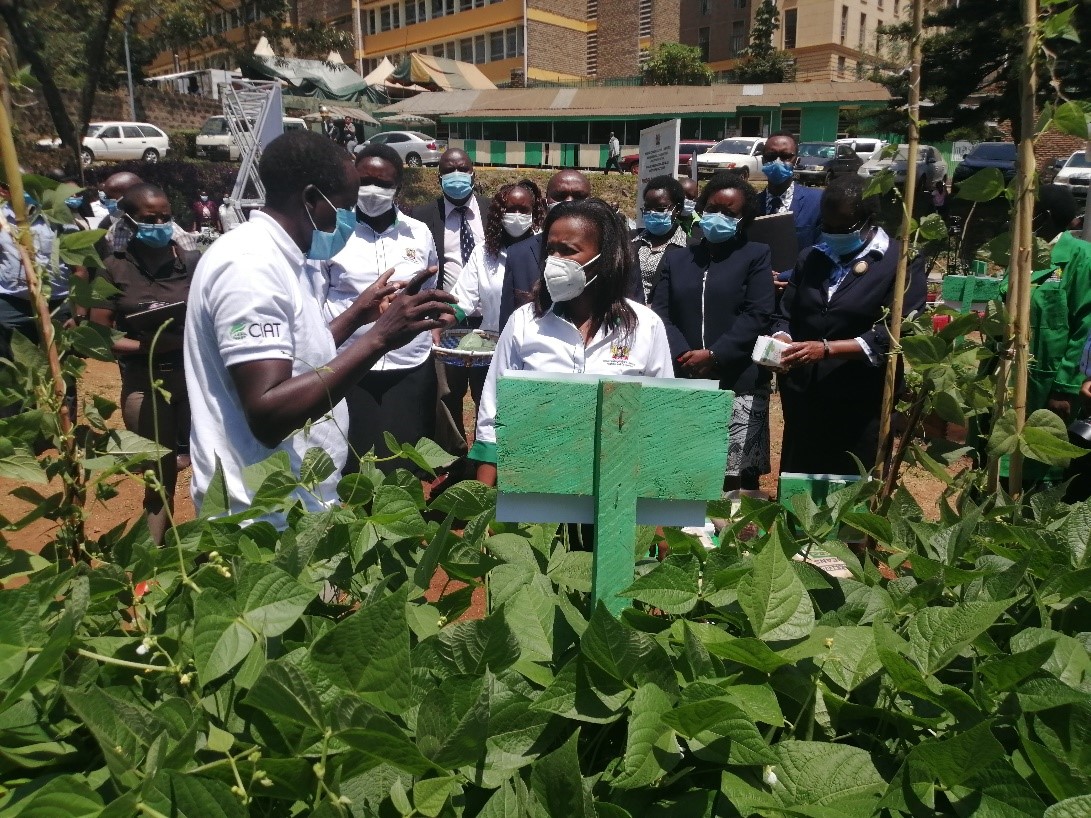Cultivating Change - Kitchen Gardens, An Unusual Arsenal In Kenya's Fight Against Malnutrition
In the heart of Kenya, a silent revolution is taking root, combating malnutrition through an unconventional weapon – the kitchen garden. As the nation grapples with nutritional challenges, communities are turning to the soil to sow the seeds of change. This article explores how kitchen gardens are emerging as an unusual yet potent arsenal in Kenya's battle against malnutrition.
Aug 18, 20211017 Shares15180 Views
In the heart of Kenya, a silent revolution is taking root, combating malnutrition through an unconventional weapon – the kitchen garden. As the nation grapples with nutritional challenges, communities are turning to the soil to sow the seeds of change. This article explores how kitchen gardens are emerging as an unusual yet potent arsenal in Kenya's battle against malnutrition.
The Rise Of Kitchen Gardens In Kenya
Kenya, like many other nations, faces the formidable challenge of malnutrition, particularly among vulnerable populations. In response, a grassroots movement is gaining momentum: the cultivation of kitchen gardens. These small, sustainable plots near homes are proving to be an unexpected solution to a persistent problem.
Soil As The Source Of Nutritional Wealth
The essence of kitchen gardens lies in their ability to transform small spaces into nutritional powerhouses. Families are growing an array of fruits, vegetables, and herbs right outside their homes, ensuring a daily supply of fresh, nutrient-rich produce. This shift towards homegrown nutrition is not only economical but also addresses the deficiencies often found in processed and store-bought foods.
Empowering Communities Through Knowledge
Central to the success of kitchen gardens is the knowledge-sharing network that has emerged. Local agricultural extension services, NGOs, and community leaders are actively disseminating information about sustainable farming practices, crop rotation, and the benefits of diverse plant species. This empowerment is not only enhancing nutritional outcomes but also fostering a sense of community resilience.
From Seed To Plate - A Holistic Approach
The journey from planting seeds to serving a meal encompasses more than just agricultural practices. Kitchen gardens are also teaching communities about balanced diets, the importance of hydration, and the potential medicinal properties of certain plants. This holistic approach is reshaping the way individuals perceive and interact with their food.
Climate-Resilient Agriculture For A Sustainable Future
Kenya, with its diverse climates, faces the impacts of climate change. Kitchen gardens, however, are proving to be resilient in the face of these challenges. By fostering diverse plant species and incorporating water-saving techniques, such as rainwater harvesting, communities are adapting to the changing climate while securing their food sources.
The Economic Ripple Effect
Beyond the immediate benefits of improved nutrition, kitchen gardens are also contributing to the economic well-being of communities. Surpluses from these small plots are often sold locally, creating additional income streams for families. This economic ripple effect is fostering self-sufficiency and reducing dependence on external food sources.
Conclusion
As Kenya grapples with malnutrition, the humble kitchen garden is emerging as an extraordinary tool in the fight for a healthier future. The integration of sustainable farming practices, community empowerment, and economic viability positions kitchen gardens as a multifaceted solution to a complex problem. As these small plots of land continue to flourish, so too does the hope for a nourished and resilient Kenya.
Latest Articles
Popular Articles
